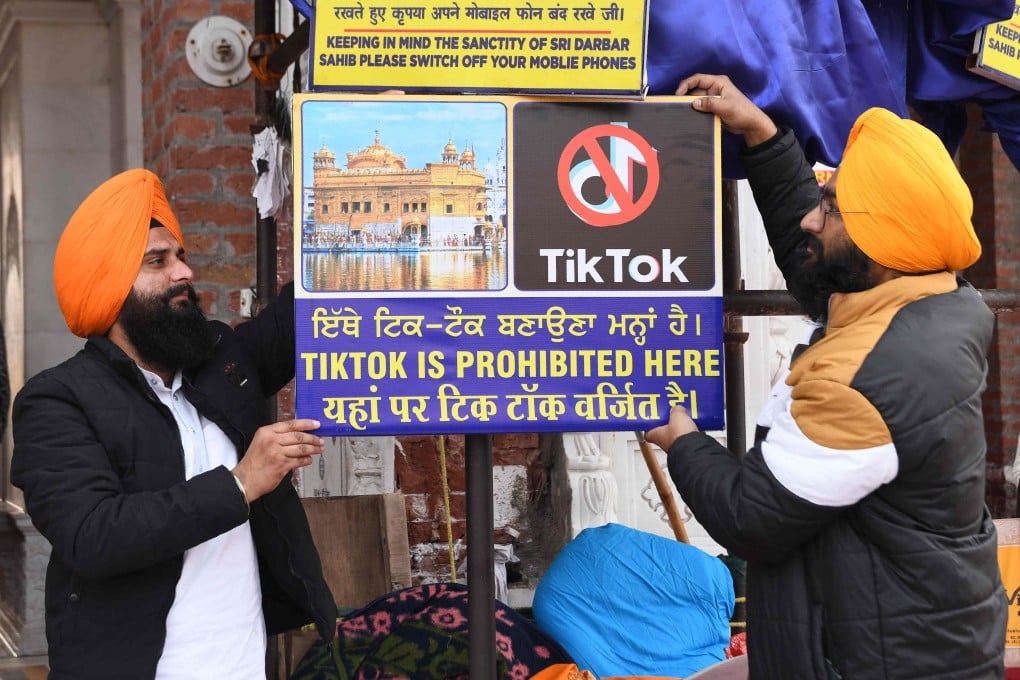As TikTok competitors swoop in amid global pushback, is the short video app losing its ‘first mover advantage’?
- In the week after India banned TikTok, negative sentiment against the app on social media rose to 80 per cent on average from 55 per cent a week before
- Meanwhile, Indian alternatives are gaining traction and Western apps are also launching short video features

Roposo, a TikTok-like app that has been around since 2014, drew in 22 million new users in two days after India banned Chinese apps including TikTok, the company’s founder Mayank Bhangadia told Reuters. The app now ranks first in the entertainment category of the Apple App Store in India, according to data provider Sensor Tower.
Chingari, another TikTok alternative launched in 2018, has seen two to three million downloads per day after the ban, according to English-language Indian newspaper Financial Express.
TikTok, owned by Beijing-based ByteDance, popularised the short video format and is widely seen as China’s first app to achieve widespread international success. India is its biggest international market, with at least 120 million monthly active users reported before the ban.
In a week after the India government ban, the average negative sentiment against the Chinese-owned app on social media rose to 80 per cent from 55 per cent a week before, according to data provided by global media intelligence company Meltwater, which has offices in Hong Kong.